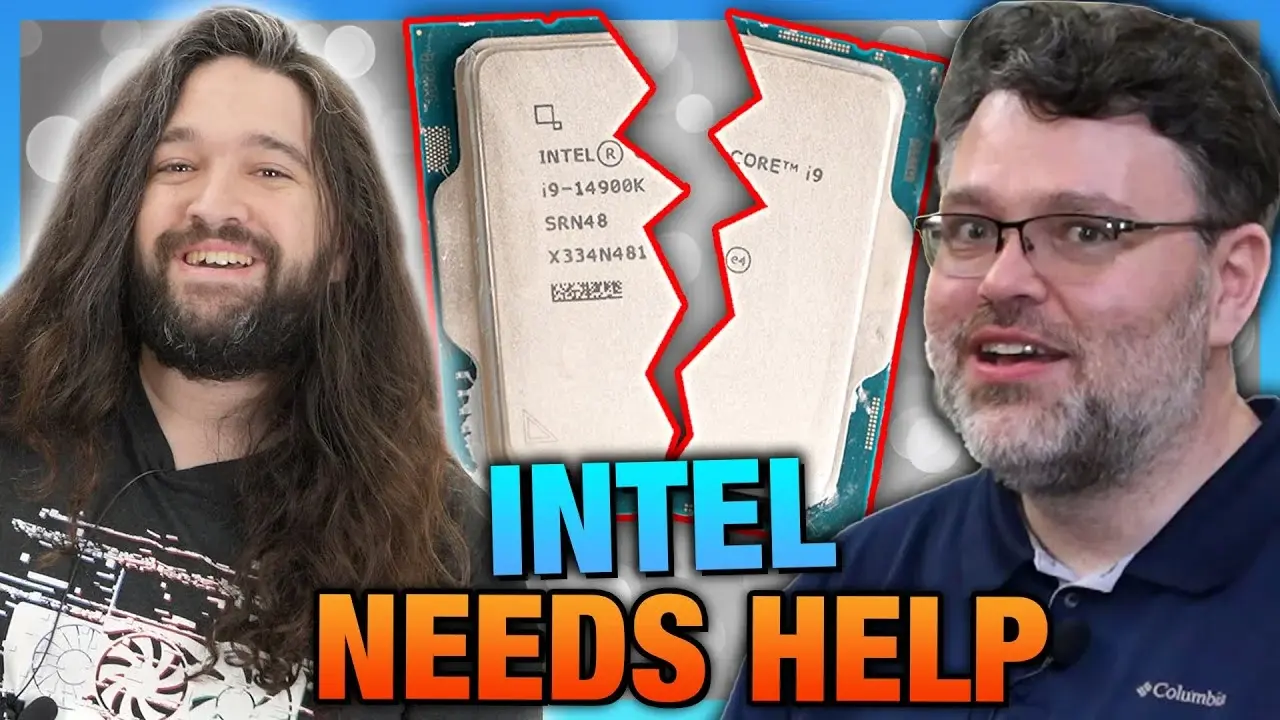- cross-posted to:
- [email protected]
- cross-posted to:
- [email protected]
Removed by mod
Removed by mod
AMD has been really solid. I’ve built a number of PC’s and there’s I’ve never run into an issue with the CPU’s. the R5 2600, 3600, and R7 5800 and 5800x are all surprisingly efficient chips out of the box, but I played around with each and found even crazier undervolt settings. My server PC draws practically nothing except if there’s something using the (NVIDIA) GPU extensively (and even then it’s like, oh no, is it almost 75 watts? better call the fire brigade! lmao).
And obviously the R7 5800x is just a monster, although I’ve consistently seen that it runs hot but… I air cool mine and it’s never really going above 85c when under full load on stock, and if you play with undervolting at all it’s pretty easy to keep the exact same performance while lowering the total power delivered. Although I’ve found that it goes up to 85c still and the chip just runs faster…
Removed by mod
Another source: Intel is selling defective 13-14th Gen CPUs
Over the last 3–4 months, we have observed that CPUs initially working well deteriorate over time, eventually failing. The failure rate we have observed from our own testing is nearly 100%, indicating it’s only a matter of time before affected CPUs fail.
damn
They “have to” push their current silicon beyond its limits just to keep up with AMD (especially X3D in gaming workloads).
They pushed too far, big time.
The only right thing to do here would be to offer a full refund of the original purchase price of the CPU and mainboard to all customers, stop selling affected models immediately and release revisions that aren’t unstable and rapidly degrading by default.
But this won’t happen of course.
Man I started getting nervous because I bought a bunch of parts to upgrade my partners PC. Couldn’t remember what Intel CPU I got cause I’m not as familiar with them.
12600KF, I’m safe phew.
On the topic, this is sad to hear because I’ve been waiting for the hat to drop on Intel’s turn-around. Moving to stateside manufacturing, the developments of some of the new tech that is available I’ve felt like they’re somewhat well poised to start shifting their lackluster goals and performance stagnation.
The news of this muddles that feeling a bit for me. Issues like this, especially if they are known beforehand and shipped out anyway, speak to a wider issue in the company.
Removed by mod
What a crazy defect with such a high prevalence. That’s really pretty crazy
He had a very high rate, ~50% of CPUs in systems that he looked at were affected
Note that I think this was with the data center samples, which run the systems 24/7. The prevalence isn’t as high with regular consumer use (but still way too high). The data centers also didn’t have any problems at all with the 12900K.
It sounds like these CPUs may be degenerating with use, so some can start out good and then turn bad after a few months. You’d never be sure whether you had a good one or just a bad one that hadn’t revealed itself yet.
I’m glad this is hitting Intel and not AMD. The market needs more AMD marketshare. Hopefully RISC-V and ARM will become more mainstream in the next 5 years to dethrone Intel.







